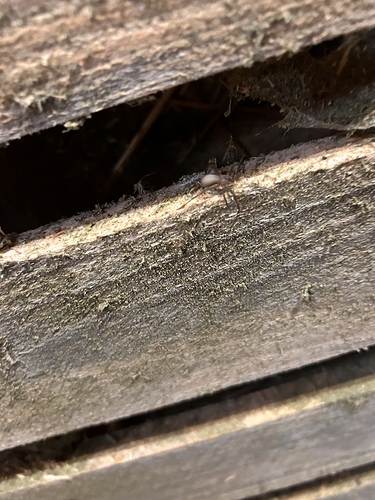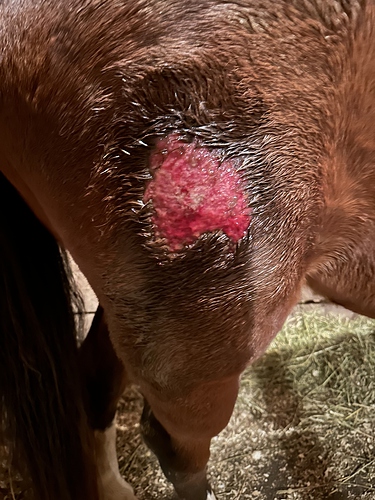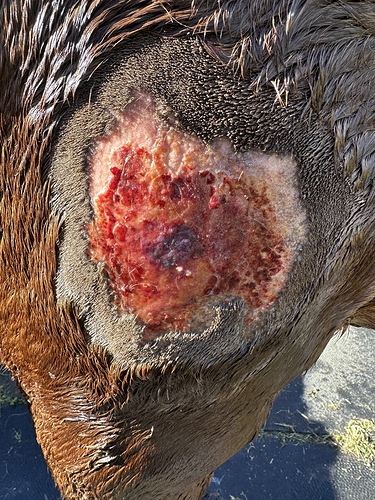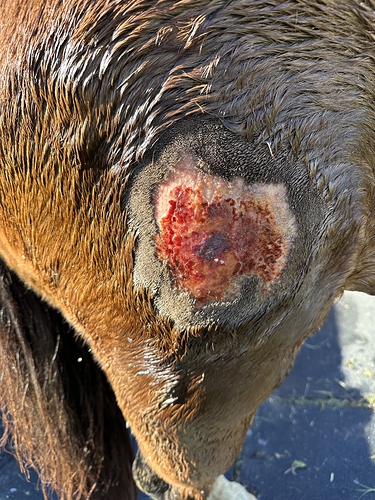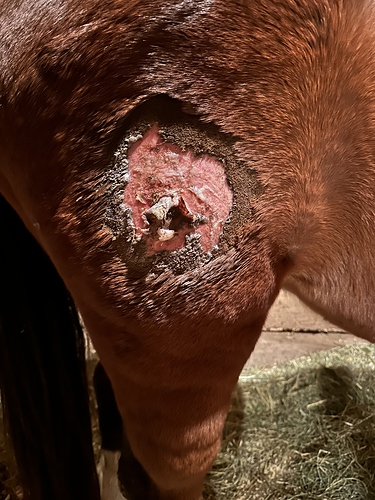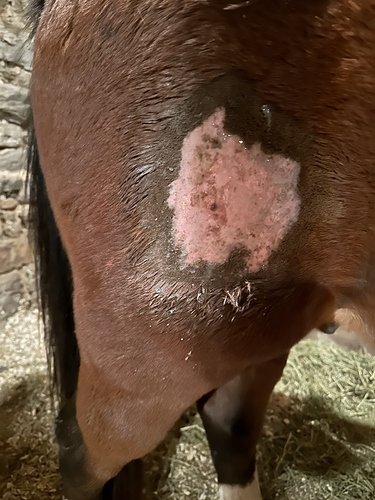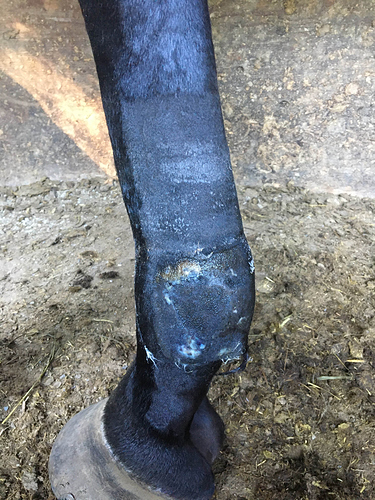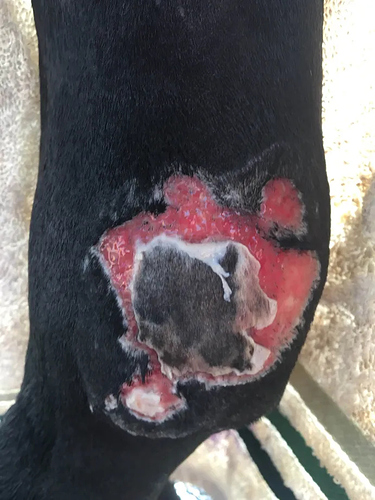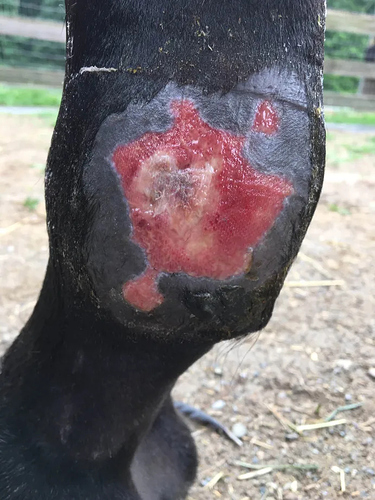UGH.
So, this year we’ve had an infestation of spiders in the barn, likely because the horses have been in the barn less.
My helper this morning sent me this photo. It’s hard to see. I have seen several of these hideously bulbous spiders, but I can’t see them closely enough (and honestly haven’t wanted to get close enough) to see any sort of violins. Whatever this is is breeding like mad, because there are a bunch of them.
They aren’t wolf spiders, I know those buggers and don’t mind them.
They are not tiny. We’re in MO. They aren’t huge either. In this case, she moved a pallet and they were under there.
This is the first year we’ve had a problem and I’m seriously grossed out. I don’t normally mind spiders but the thought of recluses freaks me out. These also gross me out because they kind of look like ticks with that weirdly distended abdomen. Gross.
Does it look like a recluse?

